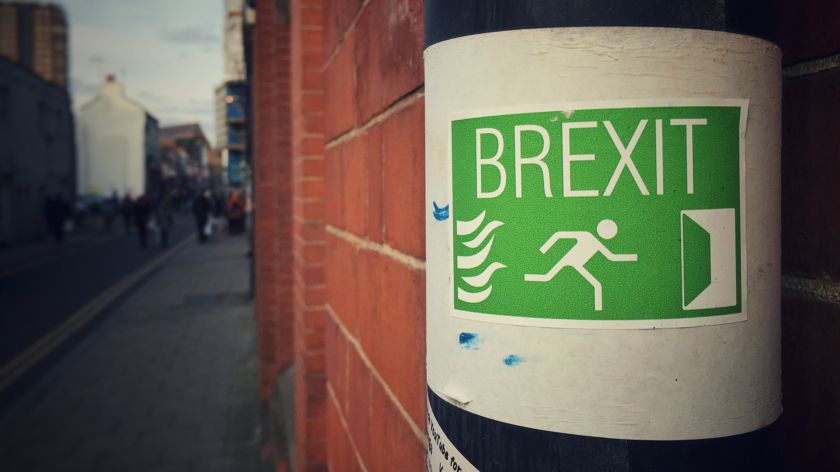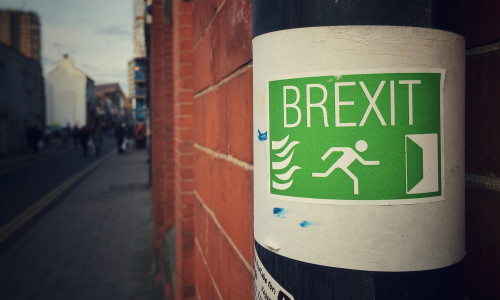Brexit ramifications already felt by Dutch researchers
-
 Photo: Paul Lloyd
Photo: Paul Lloyd
Last Thursday, the British House of Commons voted to postpone Brexit. It is not clear what will happen next. Uncertainty is growing, also in the academic world. 'Returning to the Netherlands is a serious option.'
In the Oxford research group of neuroscientist Lennart Verhagen, only the Professor is British. The rest of the delegation consists of people from all around the world. Especially of Germans, French and Italians. However, with only eleven days until the official Brexit date, and imminent postponement, nobody knows what the actual consequences will be.
‘Of course we will not have to leave, but Brexit is part of the everyday conversation,’ says Verhagen over the telephone. ‘There are many international collaborations within my field of expertise. These have not stopped, but nobody knows what the future will bring. Some colleagues have been asked by European partners to withdraw from a proposal. An English name would make an application less valid.’
Customs
Dutch neuroscientist Rogier Mars also feels this uncertainty. He leads the Cognitive Neuroecology Lab, which is seated partly in Nijmegen and partly in Oxford. Most of the time, he lives in Oxford with his family as his wife is British, but he travels to Radboud University once a month.
‘Dutch friends and colleagues do not understand how badly this could go wrong,’ he explains from Oxford. ‘Most just say: politicians are clever people, it will end up all right. But my British colleagues, including myself, are of a different opinion now.’
‘You may ask yourself: is this still the best place to be?’
Mars is researching the anatomy of the human brain in relation to that of other animals. To this end, he scans the brains of – often rare – deceased animals, especially apes. Currently these brains are easily shipped within the EU, the researcher explains. It is unclear if this will remain the same. ‘We are receiving phone calls from institutes asking if we can send their specimens back before 29 March. They just don’t want to take the risk.’
Students
Still, it is not the scientists who are hit the hardest, Verhagen believes. ‘We earn a decent living here, and we are important to the economy. Researchers will be much better protected than the Spanish care givers and Polish builders.’ Mars says, ‘Especially outside the academic professions the ramifications are already visible. The academic hospital where I work has a large deficit of nurses. Normally, people from all over Europe come to do this work, but the group is becoming smaller.’
European students who are currently in Oxford, have been assured that they can finish their studies there, no matter what. However, applications from Europe are definitely dropping, according to Verhagen. ‘Especially looking at bachelor students, the European matriculations are dropping.’
Returning
The two Dutch researchers have taken the necessary preparations in the meantime. Mars’ children have applied for a double nationality, just to be on the safe side. Verhagen has the paper work for legal residency at the ready. He thinks it is unbelievable how many matters still have to be arranged. ‘Until two weeks ago, it wasn’t even clear whether I would be allowed to transfer my driver’s licence and pension in case of a no-deal Brexit.’
They don’t speculate much about the future yet. Even if the Brexit is postponed, their European collaborations remain uncertain, although the university has learnt to cope with it by now. Mars says, ‘Returning to the Netherlands is a serious option. I won’t be made to go, but you can also ask yourself: is this the best place for me to be?’


